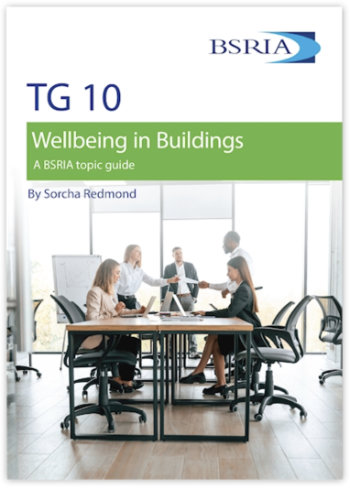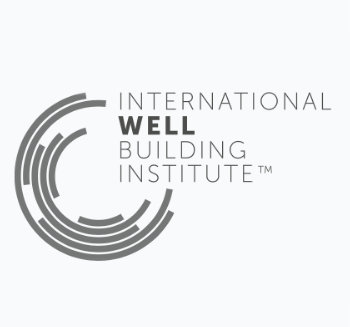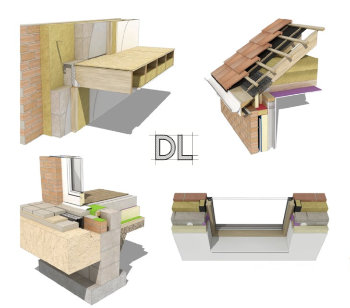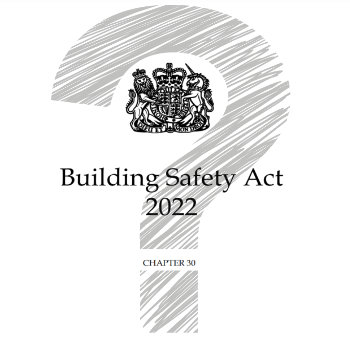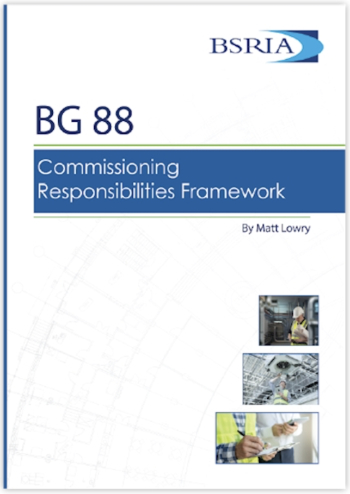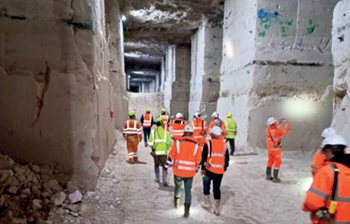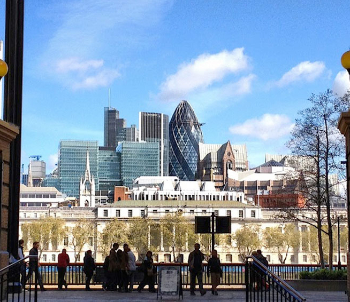Minimum standards
Minimum standards are a level of quality or achievement, that is thought to be acceptable as a minimum, and below which is unacceptable. It may also relate or be referred as acceptable, decent, ethical, reasonable and so on.
In International law the minimum standard of treatment (MST) refers to an internationally agreed level in the treatment of aliens or refugees that should be upheld. The term has also been used in the investment industry to refer to the treatment of foreign investors in accordance with an undefinable standard considered to be 'fair and equitable'.
In construction the minimum standard might most commonly be considered as that which is outlined in the building regulations or building codes for the area in question - such as minimum U-values, (limiting fabric parameters), energy consumption requirements and so on.
The common minimum standards (CMS) are an example of standards for government procurement outlined in the 'Government Construction: Common Minimum Standards for procurement of the built environments in the public sector' report. The Government Construction Strategy later proposed renaming these to Government Construction Standards but they are still referred to as the former.
In planning terms what are known as minimum space standards, were initially introduced by the UK government in October 2015, along with detailed guidance for the minimum size of new homes. In 2021 the minimum space standards were updated for general permitted development orders (GPDO) and houses in multiple occupation (HMOs) unless otherwise defined (or potentially increased) within the the local plan.
More recently, the Building Safety Bill describes minimum performance standards required for buildings in terms of a fire and safety performance as well as the minimum performance criteria required of approved building inspectors whose task is to enforce the minimum building standards.
Minimum standards in law might involve terms such as 'reasonable skill and care', 'best endeavours'. 'fitness for purpose', 'unreasonable', 'workmanlike', 'professional' and so on.
In general, standards try to ensure the safety, quality and reliability of products and services, they facilitate trade, protect human health and the health of the environment. They aim to improve systems and processes, reduce waste, cut costs and ensure consistency. There are a great number of standards and as such defining a minimum or recommended level required can be complicated. The British Standards Institution has some tens of thousands of active standards which recommend procedure, quality of output, terminology and other details, in a particular field; making a product, managing a process, delivering a service or supplying materials. The International Organization for Standardization develop and publish International Standards, likewise there are many European standards as well as many country dependent standards.
[edit] Related articles on Designing Buildings
Featured articles and news
Classroom electrician courses a 'waste of money'
Say experts from the Electrical Contractors’ Association.
Wellbeing in Buildings TG 10/2025
BSRIA topic guide updates.
With brief background and WELL v2™.
From studies, to books to a new project, with founder Emma Walshaw.
Types of drawings for building design
Still one of the most popular articles the A-Z of drawings.
Who, or What Does the Building Safety Act Apply To?
From compliance to competence in brief.
The remarkable story of a Highland architect.
Commissioning Responsibilities Framework BG 88/2025
BSRIA guidance on establishing clear roles and responsibilities for commissioning tasks.
An architectural movement to love or hate.
Don’t take British stone for granted
It won’t survive on supplying the heritage sector alone.
The Constructing Excellence Value Toolkit
Driving value-based decision making in construction.
Meet CIOB event in Northern Ireland
Inspiring the next generation of construction talent.
Reasons for using MVHR systems
6 reasons for a whole-house approach to ventilation.
Supplementary Planning Documents, a reminder
As used by the City of London to introduce a Retrofit first policy.
The what, how, why and when of deposit return schemes
Circular economy steps for plastic bottles and cans in England and Northern Ireland draws.
Join forces and share Building Safety knowledge in 2025
Why and how to contribute to the Building Safety Wiki.
Reporting on Payment Practices and Performance Regs
Approved amendment coming into effect 1 March 2025.








